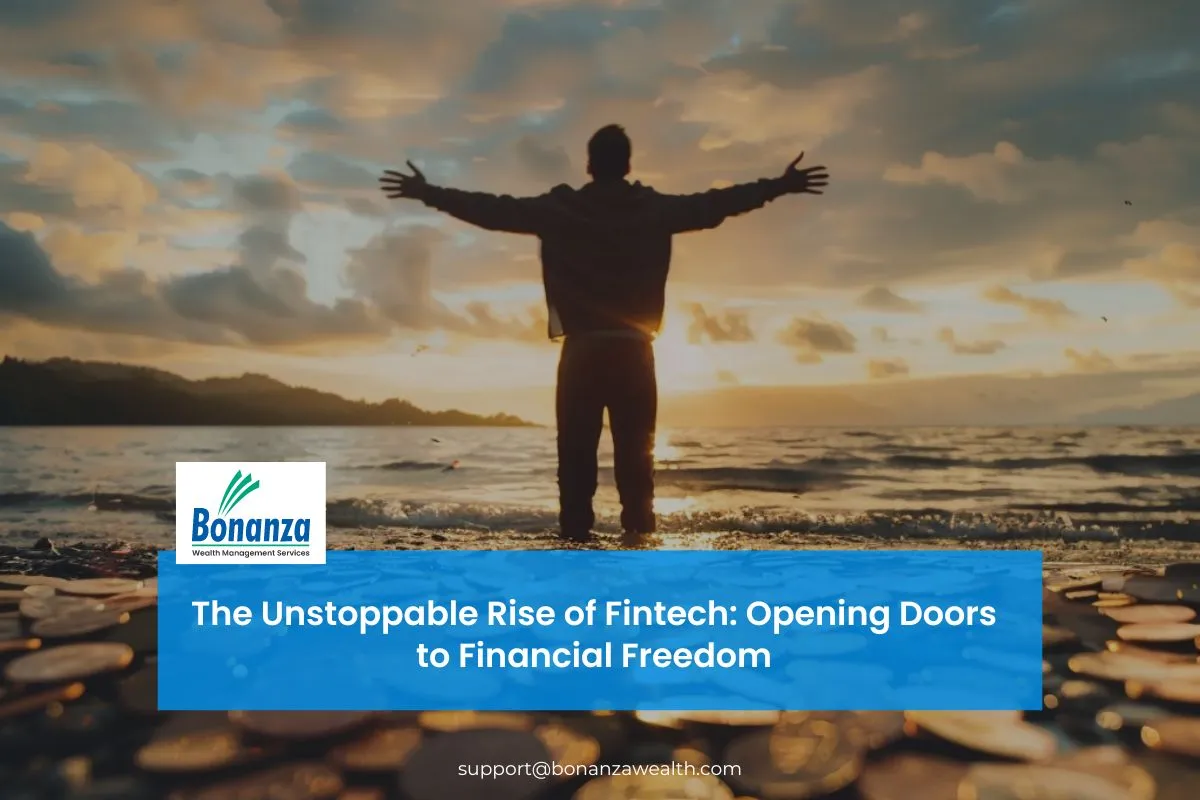Once, accessing vital financial services was a privilege reserved for a select few – the wealthy elite, the well-connected urbanites, and those born into socioeconomic advantage. For the vast majority living in rural areas, impoverished communities or the fringes of society, the doors to credit, savings, insurance, and other critical financial tools remained firmly shut. But a quiet revolution has begun gathering unstoppable momentum, one that promises to tear down those long-standing barriers of exclusion and bring the empowering force of finance to every single corner of the globe. This transformative movement is called fintech.
At the heart of the fintech revolution lies a straightforward yet profoundly impactful idea: leverage cutting-edge technological innovations to make financial products and services more universally accessible, affordable and inclusive for all people, regardless of geography or economic status. Fintech trailblazers, armed with powerful solutions like mobile banking apps, peer-to-peer lending platforms, blockchain-driven currencies and more, are boldly democratizing finance in ways previously unimaginable.
Allow your mind to visualize a world where a subsistence farmer tending crops in a remote rural village can easily secure a vital microloan to purchase seeds and equipment for the next harvest season, simply by tapping a few times on their mobile phone. Envision the possibility of an enterprising but impoverished single mother living in an urban informal settlement being able to crowd-fund the start-up capital to launch her own small business from her home and finally achieve financial independence. This is the revolutionary, inclusive reality that innovative fintech services are creating across the globe each day through digital empowerment.
But the fintech movement’s profound impact extends far beyond merely enhancing accessibility and convenience. It represents a potent catalyst for comprehensive economic empowerment, lifting marginalized individuals, households and entire communities out of the vicious, generational cycles of poverty and financial exclusion that have persisted for far too long. By opening access to credit, secure savings vehicles, insurance products, money transfer services and other indispensable financial tools, fintech has the unique ability to unlock transformative opportunities for economic growth, financial stability, and self-determination on a massive scale.
The hard data underscores the urgency of this mission: A staggering 1.7 billion adults around the world currently remain outside the formal banking system and unbanked, according to the World Bank’s latest Global Findex dataset. However, thanks to the proliferation of affordable mobile money services, digital wallet apps, and other fintech solutions powered by the exponential spread of internet access and smart devices, that daunting number is finally declining at an accelerated pace. This revolutionary impact is most starkly evident in regions like Sub-Saharan Africa and parts of Southeast Asia, where traditional banking infrastructure has been severely lacking. In these areas, fintech has rapidly emerged as a vital lifeline, enabling millions upon millions to participate in the formal financial system for the very first time and seize their economic futures into their own hands.
But behind the figures lie the real human stories – the embodiment of fintech’s capacity to transform lives through financial empowerment and inclusion. The resilient single mother who now has a secure digital platform to build her savings for her children’s education. The industrious street vendor who can finally access the working capital he needs to purchase inventory and grow his burgeoning business. The brilliant youth who can leverage novel creditworthiness algorithms to establish their credit history and responsibly pursue their entrepreneurial ambitions. These individual narratives, replicated across societies, represent the backbone of fintech’s revolutionary potential to democratize economic opportunity and upward mobility on a global scale.
As we look ahead, the horizons for fintech’s role in advancing financial inclusion continue expanding at an exhilarating pace. Driven by accelerating technological breakthroughs like artificial intelligence, machine learning, the Internet of Things and decentralized block chain ecosystems, our imaginations can scarcely fathom how seamlessly integrated and universally accessible financial services could become embedded into the fabric of our daily lives within this decade. From iris-scanning microloan dispersals to AI-powered personal financial advisors to autonomous insurance services triggered by data streamed from networked devices, the fintech frontier promises radical innovations that could permanently consign the historical injustice of financial exclusion to the relics of the past.





 Invest Now
Invest Now
Leave A Comment